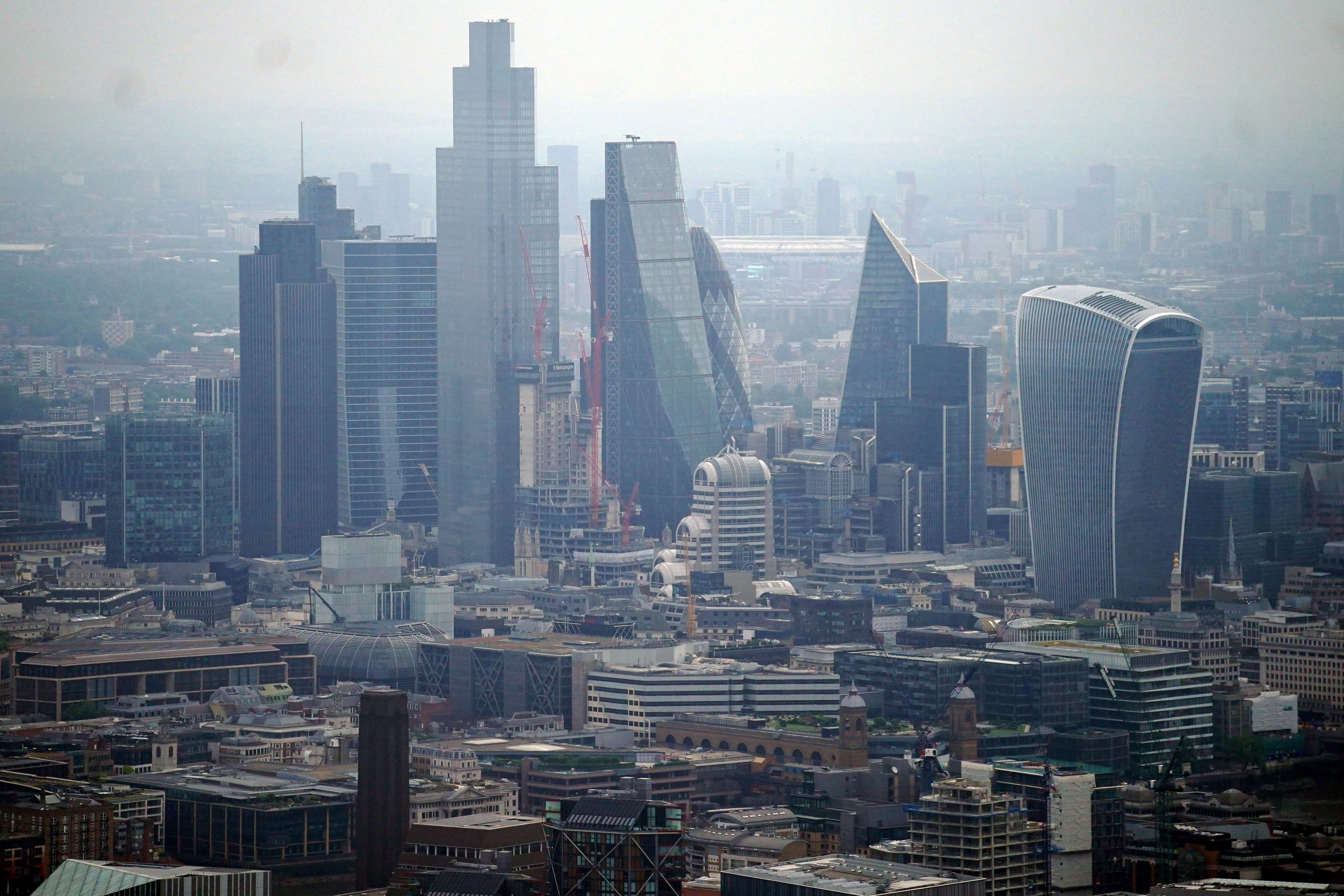Inflation set to return to double-figures as food prices surge
The Office for National Statistics will reveal the latest increase in the cost of living for UK households this morning.

Your support helps us to tell the story
From reproductive rights to climate change to Big Tech, The Independent is on the ground when the story is developing. Whether it's investigating the financials of Elon Musk's pro-Trump PAC or producing our latest documentary, 'The A Word', which shines a light on the American women fighting for reproductive rights, we know how important it is to parse out the facts from the messaging.
At such a critical moment in US history, we need reporters on the ground. Your donation allows us to keep sending journalists to speak to both sides of the story.
The Independent is trusted by Americans across the entire political spectrum. And unlike many other quality news outlets, we choose not to lock Americans out of our reporting and analysis with paywalls. We believe quality journalism should be available to everyone, paid for by those who can afford it.
Your support makes all the difference.Inflation is expected to have returned to double-figures in September due to rising food prices, according to economists.
The Office for National Statistics (ONS) will reveal the latest increase in the cost of living for UK households on Wednesday morning.
Economists have predicted that it will show Consumer Price Index (CPI) inflation increased to 10% in September, compared with 9.9% the previous month.
There is likely to be an increase despite falls in petrol prices, which dropped by around 4% over the month according to Forex.com, and used car prices.
Experts at Pantheon Macroeconomics have said this is expected to have been offset by “further increase in food CPI inflation and services”.
Food inflation is predicted to have jumped to 14.3% from 13.1% in August.
September’s inflation reading will make important reading for the Treasury as it used to decide increases for a number of key policies.
For example, the CPI rate will be used as part of the Work and Pensions Secretary’s annual benefits uprating review.
If the Government decides to uprate benefits by inflation, this is the percentage they will be increased by, this will come into effect from next April.
September’s inflation figure is also the one used by the department within the triple-lock pension commitment.
The triple-lock means pensions will rise by the highest of three figures: average earnings, CPI inflation based on September’s rate or 2.5%.
With average earnings most recently hitting 5.4%, it is widely expected that pensions would rise by the inflation rate in April next year.
However, on Tuesday, Downing Street indicated ministers could ditch their commitment to the triple lock as new Chancellor Jeremy Hunt looks for more cuts to fill the Government’s financial black hole.
The inflation rate will also be used to decide the property tax increase facing high street firms.
Business rates for firms will increase by almost £2.7 billion England from April without Government intervention, if inflation hits the predicted 10% figure.